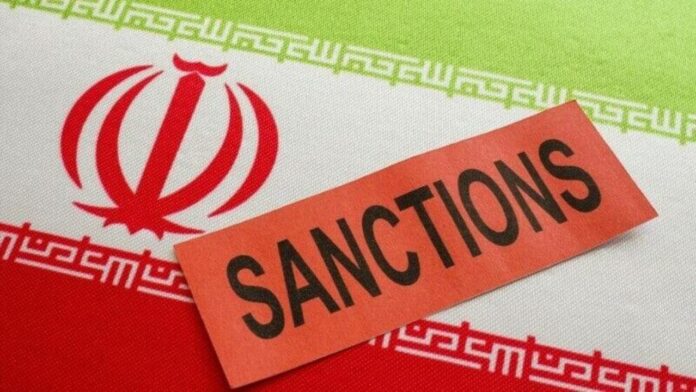The Security Council adopted a resonant decision
The UN has decided to renew the so-called «snapback» sanctions against Iran. This mechanism provides for the automatic reinstatement of the restrictions that were in place before, in case Tehran violates the terms of the nuclear deal.
The decision was supported by the majority of the Security Council, despite the opposition of several countries that called for diplomatic dialogue.
What do snapback sanctions mean?
The snapback mechanism was envisaged in the Joint Comprehensive Plan of Action (JCPOA) concluded in 2015 between Iran and the P5+1 countries. It allows for the rapid reinstatement of previous sanctions if Iran violates the terms of the nuclear deal.
Restrictions apply to:
a ban on the supply of weapons;
restrictions on nuclear development;
financial and economic sanctions.
Iran's reaction
Tehran sharply criticised the decision, calling it «illegal and politically motivated». Representatives of the Iranian Foreign Ministry said that the country would continue its «peaceful nuclear programme» and would not recognise the re-imposed sanctions.
Context.
The JCPOA was signed in 2015, but in 2018 the US withdrew from the agreement.
Since then, Iran has gradually curtailed its commitments, in particular by increasing uranium enrichment.
«Snapback sanctions are intended to stop further escalation and prevent the development of nuclear weapons.
Conclusion: Reinstatement of sanctions could exacerbate relations between Iran and the West and affect the situation in the Middle East.




